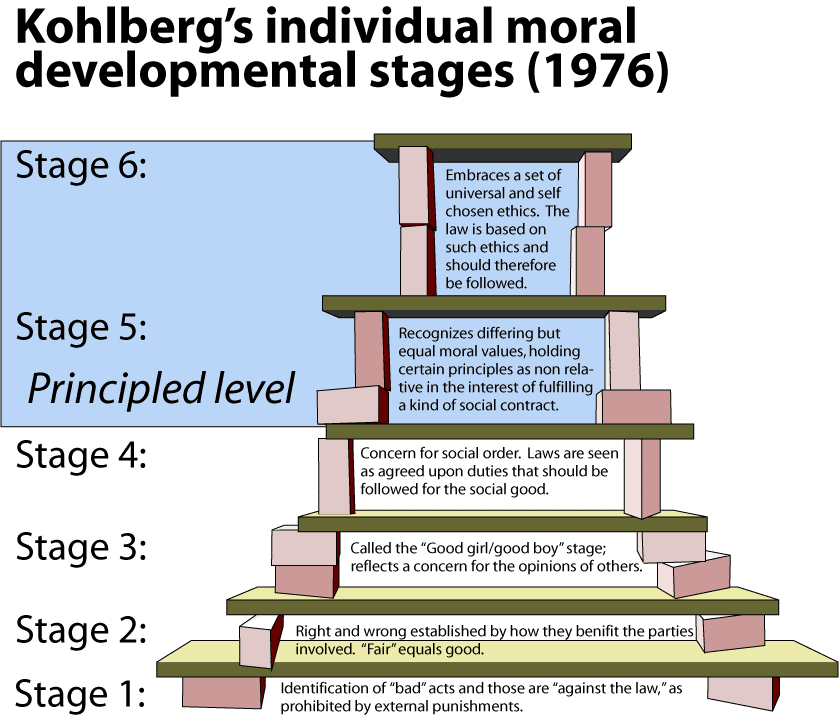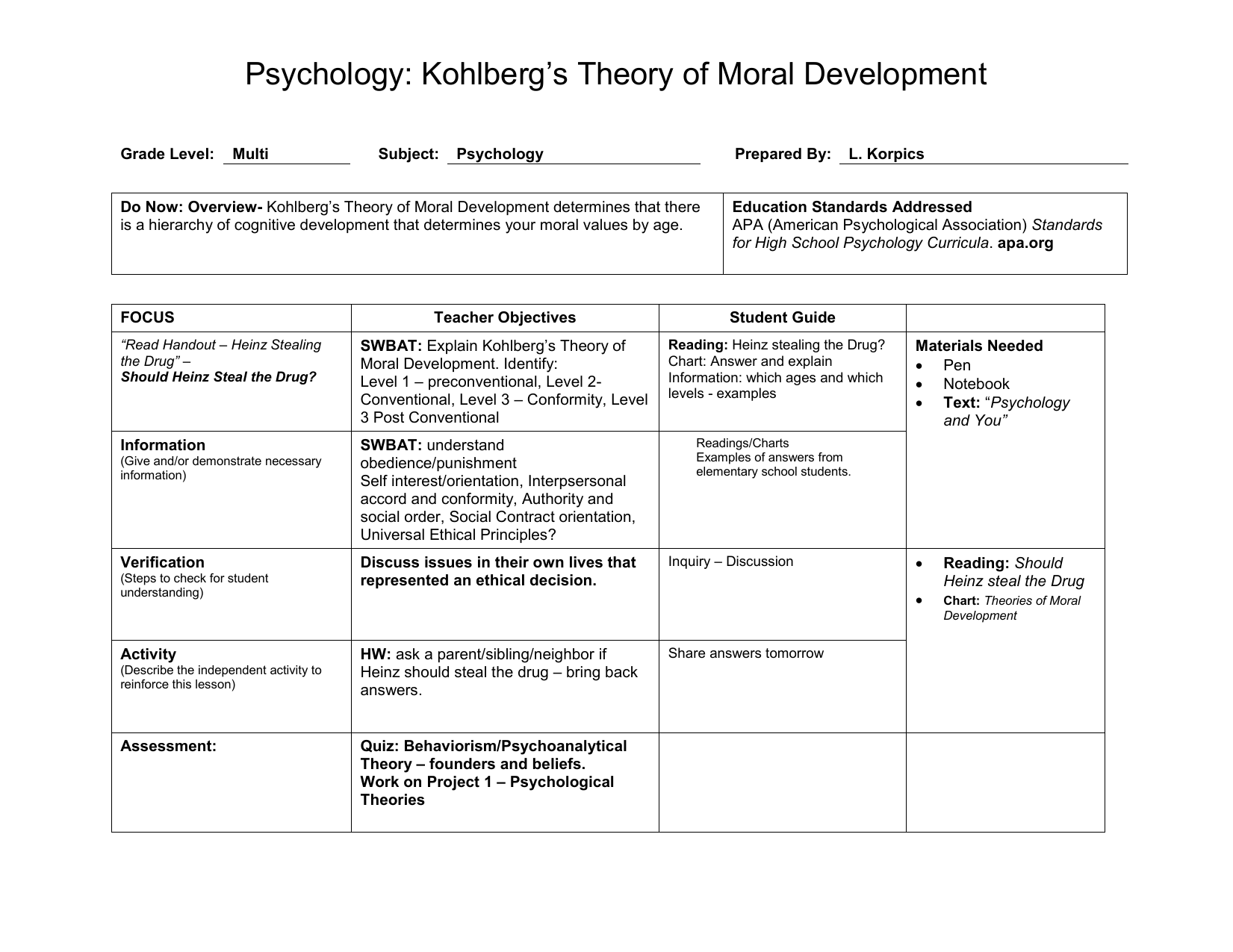Theories of moral development

Social Navigation
Hegelians Axel Honneth and Robert Williams on the Development of Human Morality An individual is in the lowest phase theories of moral development moral development if he thinks only of his own personal interest here has only his own selfish agenda in his mind as he encounters other humans. This lowest phase corresponds well with sixteenth This lowest phase corresponds well with sixteenth century British moral egoism which reflects the rise of the new economic order.

Adam Smith — wanted to defend this new economic order which is based on economic exchange between egoistic individuals. Nevertheless, he surely did not want to support the moral theory of British egoism.

His book The Wealth of Nations suits well into the world view of British moral egoism, but in the book The Theory of Moral Sentiments, he presents a moral theory which is the total opposite of moral egoism. He set the task of his social philosophy to overcome this paradox. He wanted to create a theory of a social totality where economic egoism and feelings of humanity are not in contradiction.

In the same time Hegel wanted to create a theory on Bildung process where human spirit develops from moral un-freedom heteronomy to moral freedom and maturity autonomy taking care both aspect of love and reason. Civil Society is a sphere of private contracts and economic exchanges where cold egoistic and calculative reason surpasses feelings.]
Right! Idea: Theories of moral development
| Catcher In The Rye Literary Analysis Essay | 21 |
| Ogilvy & Mathers Brand Stewardship Model | 345 |
| Anomie sociology and people | Nov 19, · Theories Of Moral Development. Posted on November 19, by tml Piaget’s theory is centered around four stage and age group ranges that establish particular developments as progression within the stages and ages are made. His study focused on children, as he sought to determine if they could distinguish the difference between a set. Sep 26, · Theories of moral development 1. The Social Learning Theory. According to social learning theorists (such as Albert Bandura), children initially learn how to behave morally through observing and imitating adults in the environment, a process referred to as modeling. Theories of Moral Development. 1, Followers. Recent papers in Theories of Moral Development. Papers; People; The Moral Field Is Real (pith guidelines for private transformational practice community) Save to Library. Download. |
Theories of moral development - not understand
In , he completed his graduation from Phillips Academy, Massachusetts, and later he served in the United States merchant marine for about two years, and then he completed his Ph. He taught in various institutions after completing his Ph. In his later years, he suffered from a parasitic infection and due to his physical illness he gets major depression issues, and he committed suicide on January 17, , in Boston, Massachusetts. One of his famous moral dilemma stories is about a European man named Heinz that faced a moral dilemma conflict between two moral values,i. It was a kind of radium that a pharmacist had recently invented. Heinz begged a lot but all went in vain. theories of moral development.Theories of moral development - think, that
Psychological theories of moral development differ immensely in their opinions on how moral development occurs. Different theories help us to understand moral development. Theories of moral development 1. The Social Learning Theory According to social learning theorists such as Albert Bandura , children initially learn how to behave morally through observing and imitating adults in the environment, a process referred to as modeling. Children adopt behaviors that are exhibited by significant people in the environment such as caregivers, parents and elder siblings. Thus: Preschoolers play for enjoyment and disregard rules Six year olds consider rules to be sacred and inflexible Ten year olds realise that rules can be manipulated According to Piaget, children differ in response to moral dilemmas depending on their stage of moral development. Stages of Moral Development Moral realism: Children younger than ten years of age determine whether an act is good or bad depending on how much damage it causes. They do not put into consideration the motives or intentions behind the action. Moral relativism: In this stage, children take into account the motives behind an action when making judgements about an action. They no longer believe that every wrong action should necessarily be punished.
japan bangladesh economic relationship
2022-04-22
Malataxe
It to you a science.

Category
Best Posts
- The Apollo 11 The First Moon Landing
- hudsons bay company and ibm
- persuasive essay help
- custom research paper writers
- Anastomotic Leakage Case Study
- thomas jefferson 3
- Analysis Of Machiavellis The Prince
- Marigold Garden – Goldstein Children’s Collection Podcasts
- Homelessness Should Be Top Priority
- Machiavelli And Socrates
- saving private ryan character analysis
- most powerful weapon in marvel
- Essay On Tribute To Super Heroes
- Institutional Racism In Sonnys Blues






 1092
1092